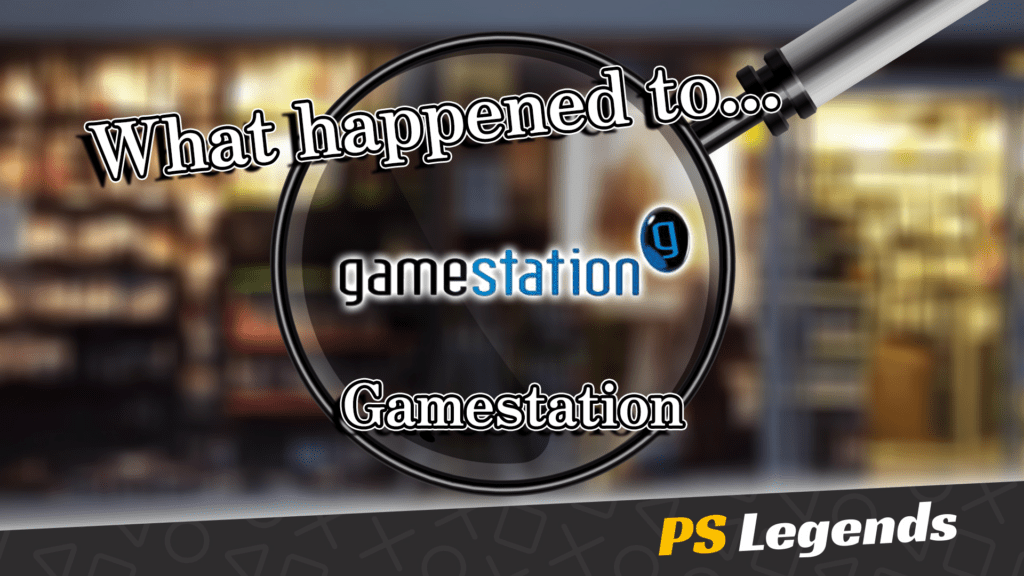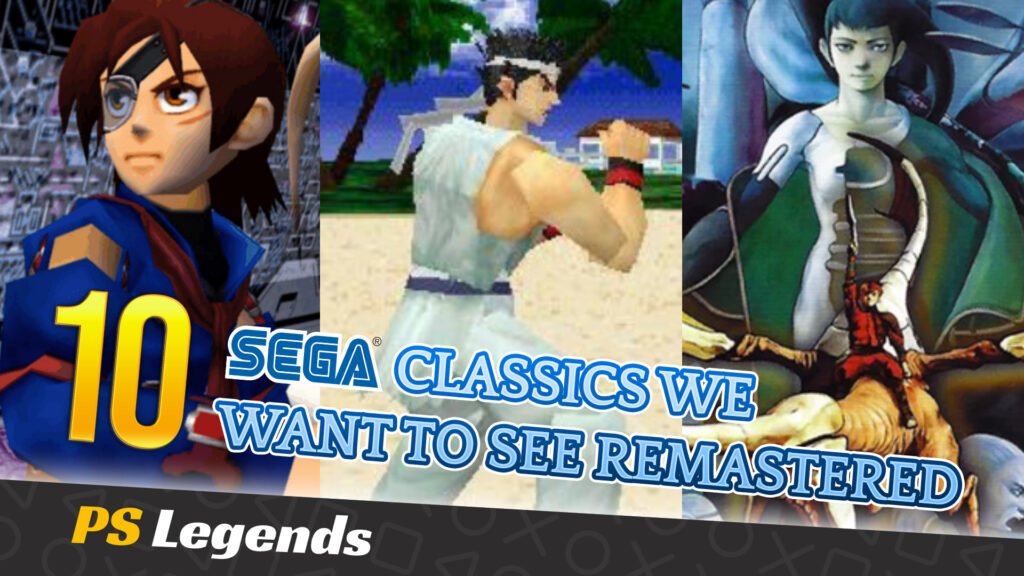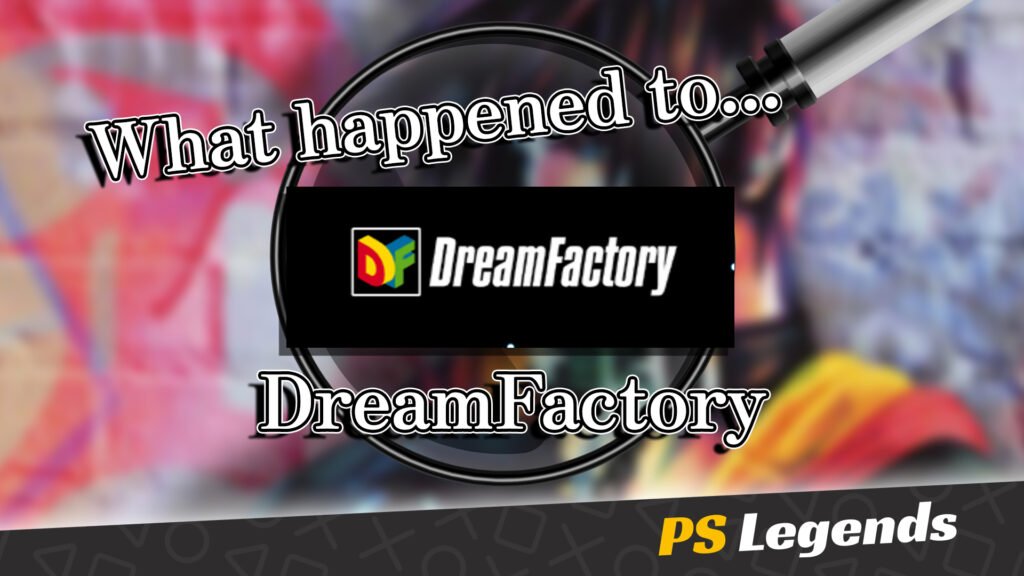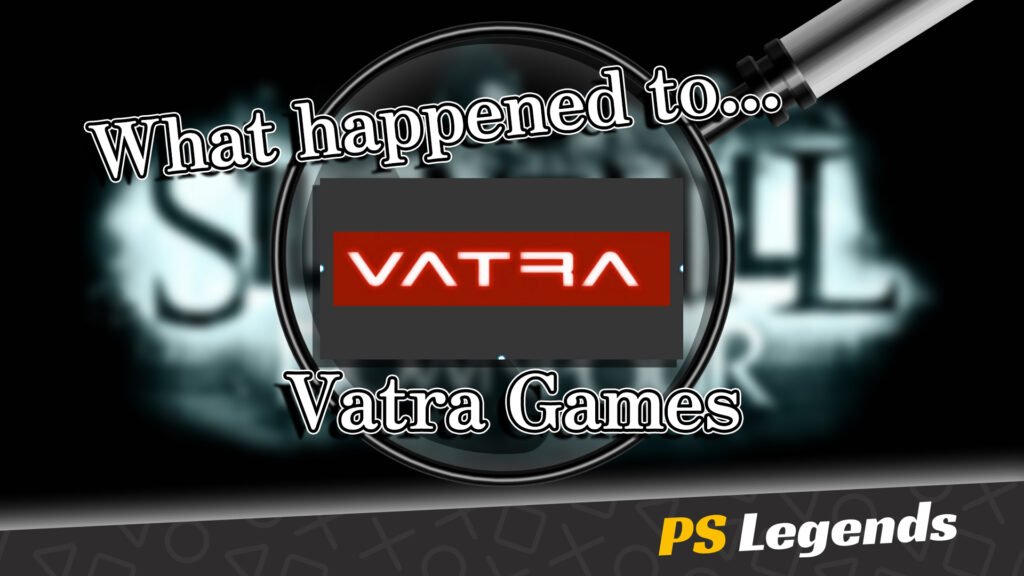That Awesome 5%
Gamestation was a chain of retail shops in the United Kingdom selling new and used games. Gamestation was founded in 1993 in York, UK, and by 2002, it had 64 stores across the United Kingdom. Gamestation’s primary competitor was GAME, who were generally considered one of the most expensive retailers for games.
Gamestation’s main method of attracting customers was to put on more special offers than its competitor as well as focusing on pre-owned games and larger discounts on older titles. Gamestation would also usually beat GAME’s prices by at least 5%, with new releases at GAME typically charged at £39.99, while Gamestation would set their prices at £37.99 for the same titles.
The chain mainly focused on the sixth and seventh generation of consoles: PlayStation 3, Xbox 360, Wii, Nintendo DS and PlayStation Portable, as well as Microsoft Windows and previous generations of consoles such as PlayStation 2, Xbox, GameCube, and Game Boy Advance.
They also sold, and accepted as part-exchange, games and consoles from older generations, such as the Master System, Mega Drive, Sega Saturn, Dreamcast, NES, Super NES, Nintendo 64, and PlayStation. Gaming accessories, merchandise and strategy guides were also available.

The First Takeover
In October 2002, Gamestation was sold during the peak sales period of the PlayStation 2 to American video rental giant Blockbuster who invested heavily in an aggressive store roll-out program. This, combined with competitive pricing subsidised by the still-active video rental market of the time, elevated the chain to second highest market share in the games industry.
Unfortunately, the video rental industry would take a sudden fall in popularity in the following years. In 2006, Blockbuster filed massive debts in the region of $560 million, leading to the company teetering on the edge of administration, however Gamestation was still making healthy profits.
Blockbuster went through a process of consolidation and sold any outlets not branded ‘Blockbuster’ in an effort to concentrate on its core business. Blockbuster Inc. announced on 2nd May 2007 that it had sold Gamestation Ltd. to the British-based GAME Group Plc. 217 Gamestation stores were sold in the deal. Ironically, Gamestation was now owned by its biggest rival.

The Second Takeover
Gamestation’s smaller ‘concession’ stores, that operated inside of some Blockbuster stores, were not involved in the GAME takeover and were instead owned by Blockbuster exclusively. These stores were re-branded as ‘Blockbuster Games’ stores and no longer operated under the Gamestation identity. The Gamestation brand was run in parallel with the parent company’s GAME brand. This would often mean both stores were operating simultaneously in the same shopping centre or high street. Gamestation would open a new head office at Unity House in Basingstoke, UK, in 2009.
Gamestation advertised their Christmas promotions with the ‘Fat Chris’ character, which is a parody of Father Christmas. He was used for Christmas promotions from 2006 to 2008. Fat Chris was portrayed by stand-up comedian Justin Moorhouse. In 2009, however, it was dropped, with the shop promotions starring the branch manager of the particular store, to encourage the customers to talk to the staff and give the stores a more personal feel.

On April Fools’ Day 2010, Gamestation temporarily added a clause to its online sales contract claiming that “By placing an order via this Web site on the first day of the fourth month of the year 2010 Anno Domini, you agree to grant Us a non transferable option to claim, for now and for ever more, your immortal soul.” Besides the humorous reference to a deal with the devil, the prank was meant to illustrate the problems with fine print in clickwrap license agreements that allow companies to hide unfavourable conditions from their consumers.
In 2010, Gamestation relaunched its Christmas campaign with the theme “Talk to the Gamers”. The campaign encouraged customers to come in and talk to staff for a more personal experience. Mothers shopping for their children were comedically targeted, with one particular on-screen Mum incorrectly branding an Xbox as an “Eggbox”.
Online operations were operated through Gamestation.co.uk, originally managed by GAME Group’s acquisition of Gameplay GB ltd in 2004. Pricing structures were similar to the group’s other websites, but maintained the Gamestation identity. As of May 2012, the websites for both GAME and Gamestation were run by GAME Retail Ltd.
Game Over
Dominating the high street with two similar styles of stores would prove to be a costly move for the GAME group. With double the salaries and rent to pay and sales being increasingly lost to cheaper online retailers and supermarkets, profits would quickly take a devastating plunge.
On 29th February 2012, it was announced that both GAME and Gamestation would no longer stock new titles from Electronic Arts. This was due to the major games distributor refusing to give the company reduced rates and/or rebates. This affected the pre-orders of Mass Effect 3, due out the following week, causing further lost sales.
On 8th March 2012, it was reported that both GAME and Gamestation were heavily discounting stock in an attempt to minimise any debts ahead of administration, and it was duly confirmed on 26th March 2012 that the GAME Group had entered administration with PricewaterhouseCoopers, and Ian Shepard stepped down as CEO. As of November 2011, Gamestation had operated 232 stores throughout the United Kingdom, and 277 stores operating under both brands were instantly closed, plus all Irish GAME stores.

On 31st March 2012, OpCapita officially made a deal to purchase the GAME Group, taking on the 334 remaining stores and securing over 3,000 jobs. Both GAME and Gamestation were purchased from the administrators by OpCapita. On 14th September 2012, it was announced that the Gamestation brand will disappear, with all stores being rebranded as ‘GAME’ only. On 18th November 2012, the Gamestation website closed and redirected to that of GAME.
The defunct brand is currently owned by Frasers Group, following its purchase of GAME in June 2019.



